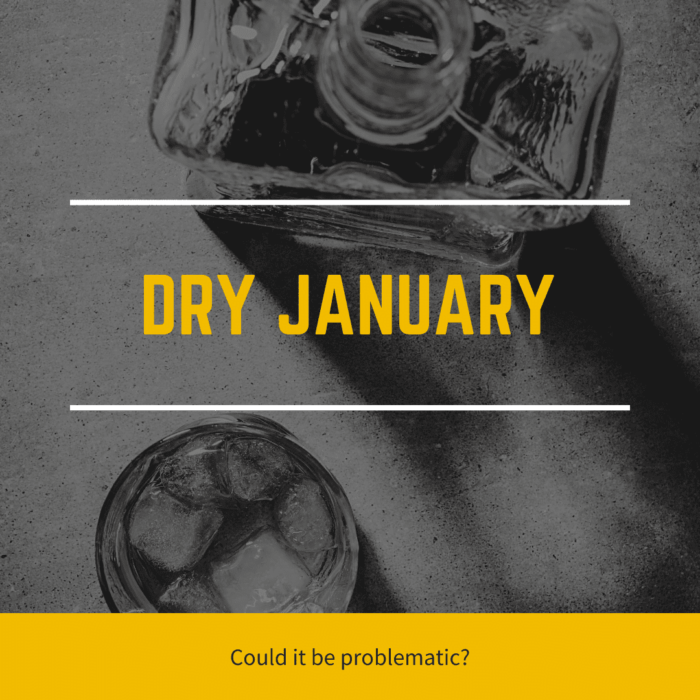Anxiety and depression are separate mental health disorders but are intimately connected. Having an anxiety disorder is the strongest predictor that an individual will develop depression. Nearly one-half of individuals who have been diagnosed with depression will also experience a co-occurring anxiety disorder as both of these disorders have similar triggers and underlying causes. Some common medications that treat depression, SSRIs are also used to treat anxiety as dopamine, epinephrine, and serotonin all play a role in both depression and anxiety. One can say that anxiety and depression often go hand in hand.
How Anxiety Can Lead to Depressed Mood
For many individuals with an anxiety disorder, anxious feelings can lead to avoidance and isolation, and isolation, in turn, can result in a lack of opportunity for pleasurable experiences, which can progress to a low and somber mood. Individuals who have anxiety will often avoid new scenarios and experiences, hide from social interactions, and avoid taking leaps of faith when it comes to their professional life, social life, and personal life. As a result, these individuals often isolate themselves and experience feelings of loneliness, which is a trigger for depression. On the other hand, individuals who have depression may have decreased energy and avoid doing things they enjoy. When they attempt to re-engage in their hobbies after being out of practice, they may feel anxious entering back into the social world, leading to feelings of anxiety. Additionally, those with depression will often neglect important priorities, and once the depression starts to improve, feelings of anxiety will arise because so many essential life priorities have been ignored. The relationship between anxiety and depression is not just a one-way road, as depression can lead to anxiety, just like anxiety can turn into depression.
Individuals with anxiety will often experience the same symptoms as individuals with depression, such as trouble concentrating, fatigue, and sleep difficulties. The main difference between the two disorders is depression is marked by feelings of sadness, loneliness, and suicidal ideations, whereas anxiety is marked by feelings of fear and worry that interfere with everyday life.
Symptoms of depression
- Significant unintentional weight loss or weight gain
- Sleep difficulties
- Psychomotor agitation
- Fatigue or loss of energy
- Feelings of worthlessness or excessive guilt
- Impaired ability to think or concentrate, and indecisiveness
- Recurrent thoughts of suicide
Symptoms of anxiety
- Restlessness
- Easily fatigued
- Difficulty concentrating
- Irritability
- Muscle tension
- Sleep disturbance
Treating Depression While Treating Anxiety
Since depression often stems from anxiety and vice versa, mental health experts treat both disorders simultaneously, primarily focusing on treating symptoms of depression as a reduction in these symptoms will often lead to a decrease in anxiety symptoms. There is an overlap in both medications and therapy approaches to treat both anxiety and depression. Antidepressants are generally used to treat anxiety and depression. Therefore individuals will often see an improvement in both their anxiety and depression four to six weeks after starting these medications. Psychotherapy is the first-line treatment for both anxiety and depression. It helps individuals work through their unhealthy thought traps, which can help individuals with anxiety, minimize avoidant behavior, and learn to embrace underlying fearful triggers. Psychotherapy can help individuals with depression replace negative thoughts with positive thoughts, which can lead to an elevated mood and rewarding experiences.
AKUA Mind and Body Treatment
AKUA Mind and Body is a full-service treatment program that offers a wide range of “east meets west” treatment modalities for many different populations struggling with impulse control disorders and other mental health and substance use disorders. AKUA Mind and Body treats co-occurring disorders and works diligently with each client and their family to ensure that treatment is specifically tailored to their needs, and not just their disorder.
AKUA Mind and Body offers detoxification, intensive treatment programs, and outpatient treatment programs. AKUA Mind and Body uses a blend of holistic approaches combined with evidence-based treatment to help individuals who have been affected by depression and anxiety to recognize their underlying triggers and develop healthy coping skills. Regardless of where you are in your recovery process, AKUA Mind and Body can help.




